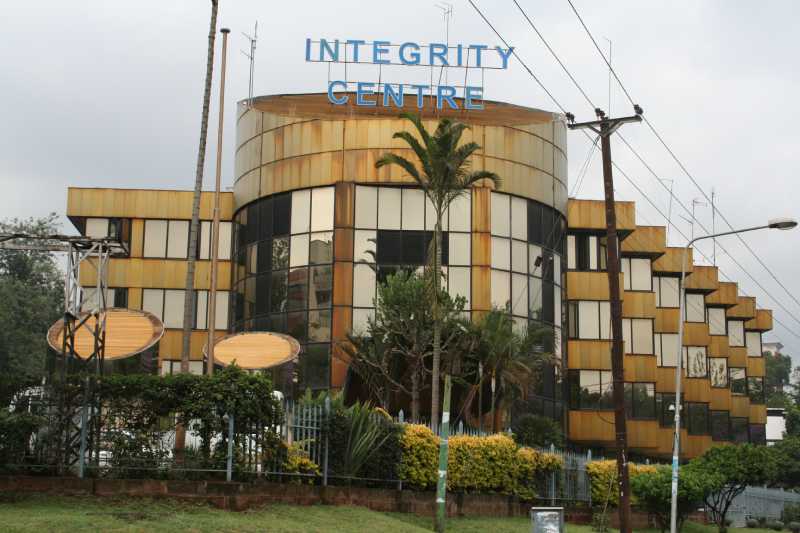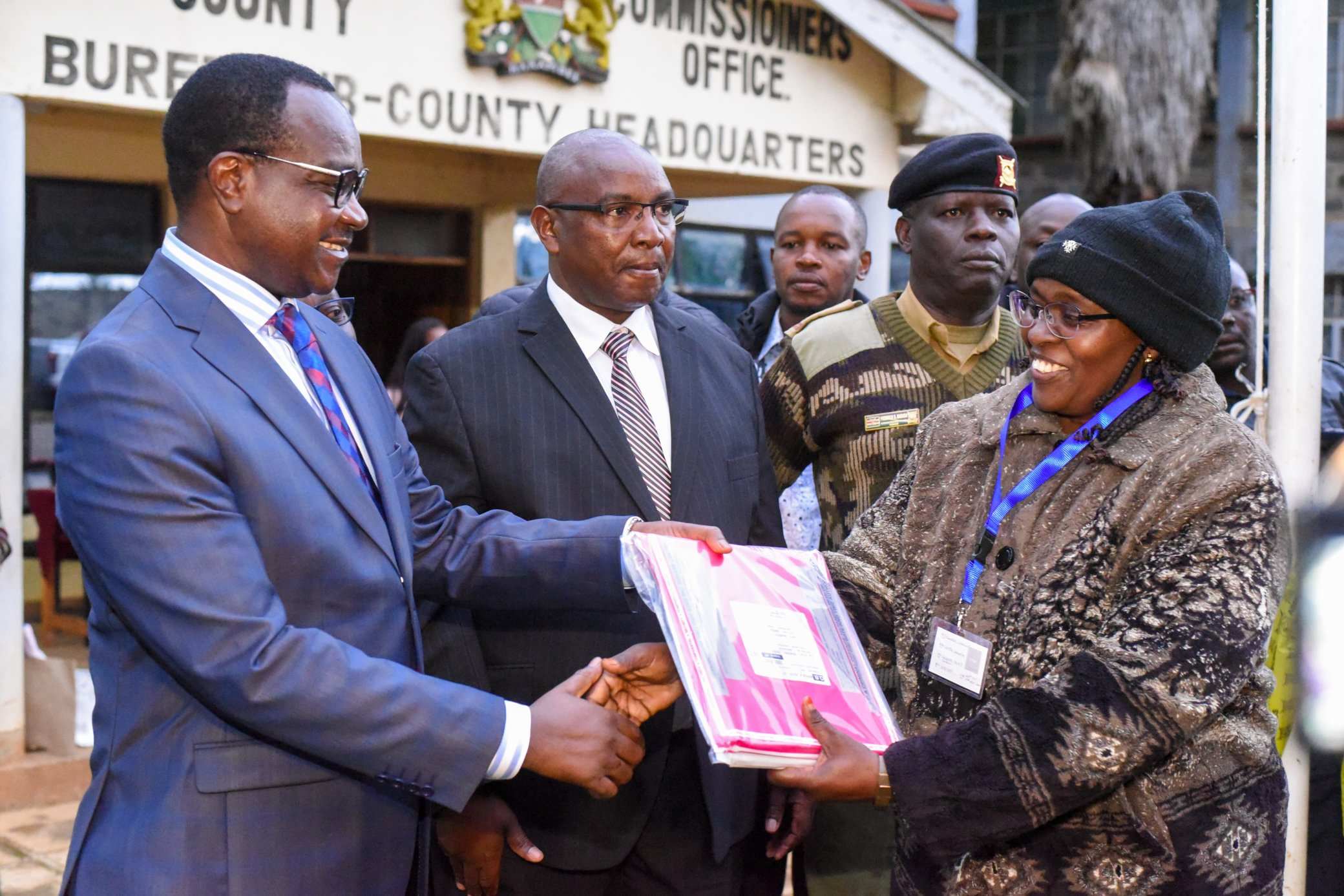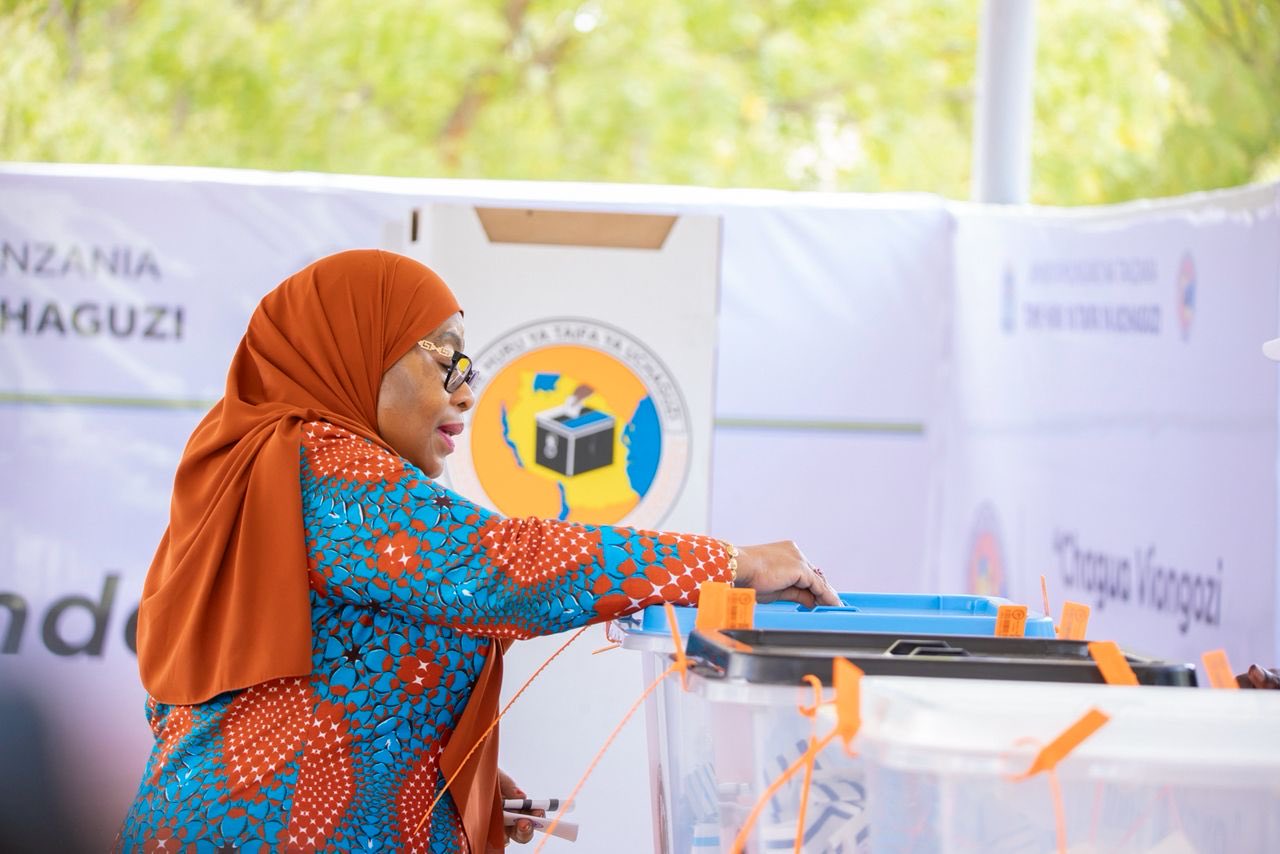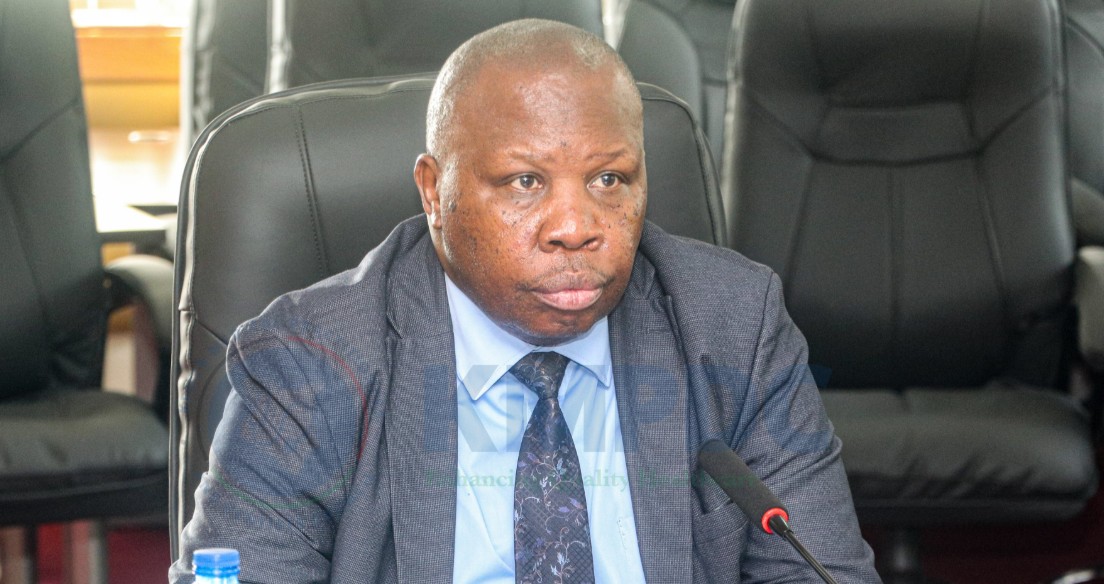EACC implements austerity measures amidst budget constraints

Other budget areas to be affected include printing, advertising, domestic and foreign travel, and the purchase of equipment.
The Ethics and Anti-Corruption Commission (EACC), in a bid to cut costs on unnecessary spending, has decided to introduce rolled-out austerity measures following limited budgetary allocation.
Chief Executive Officer of EACC, Twalib Mbarak, has directed employees of the agency to adopt austerity measures to overcome the budget challenges, according to an internal memo dated March 14, 2024.
More To Read
- National Assembly dismisses viral letter on Cabinet vetting as fake
- Funding shortage puts EACC’s anti-graft war at risk- Auditor General
- Nyamira Governor Amos Nyaribo, officials targeted in EACC corruption sweep
- Senate probe uncovers unpaid loans by ex-governors, county officials
- EACC recovers Sh2.8 billion Karura Forest land from late ex-minister Kamotho’s company
- PSC, KNEC roll out digital checks to tackle fake certificates in civil service
"The available financial resources are inadequate to sustain the operations of the Commission for the remaining four months of the Financial Year, hence the need to apply austerity measures on budget utilisation," the memo reads in part.
The memo indicates the recurrent budget utilisation as of February 29, was at a 73 per cent level of absorption, while operations and maintenance were at 84 per cent.
To ensure prudent use of the few available resources, Mbarak stated that they would conduct an internal budget review to ensure that they focus on areas of prioritization by ensuring that resources are directed only to activities and operations that are compulsory or important.
Mbarak explained that the commission would not be focusing on expenditures on hospitality, general office supplies, asset maintenance, the hire of transport, research, allocation to mortgage and car loans.
According to the anti-graft czar, other budget areas to be affected include printing, advertising, domestic travel and subsistence costs, foreign travel, and purchase of equipment.
In a desperate attempt to save money, the commission will also be conducting meetings and training in office boardrooms and through virtual platforms.
"Only crucial training and conferences will be facilitated, and pending bills for FY 2022/2023 will be prioritised. Departments are instructed to initiate all pending payments to the B2P system," Mbarak said.
On February 5, EACC sat with the National Assembly's Committee on Justice and Legal Affairs (JLAC) in Naivasha and discussed budget constraints as a major challenge facing the Commission. During that time, he said there was a need to enhance the anti-graft body's budgetary allocation by Sh702,531,854 to enable it to effectively discharge its mandate.
His request was echoed by Chairperson David Oginde, who urged the Committee to amend the law to allow EACC to retain part of the money it recovers from corruption.
"This is to address the current budgetary deficits that are adversely affecting the Commission's capacity to deal with the emerging corruption cases in both national and county governments. Currently, the law requires all monies recovered to be channelled to the Consolidated Fund," Oginde added.
Top Stories Today













































